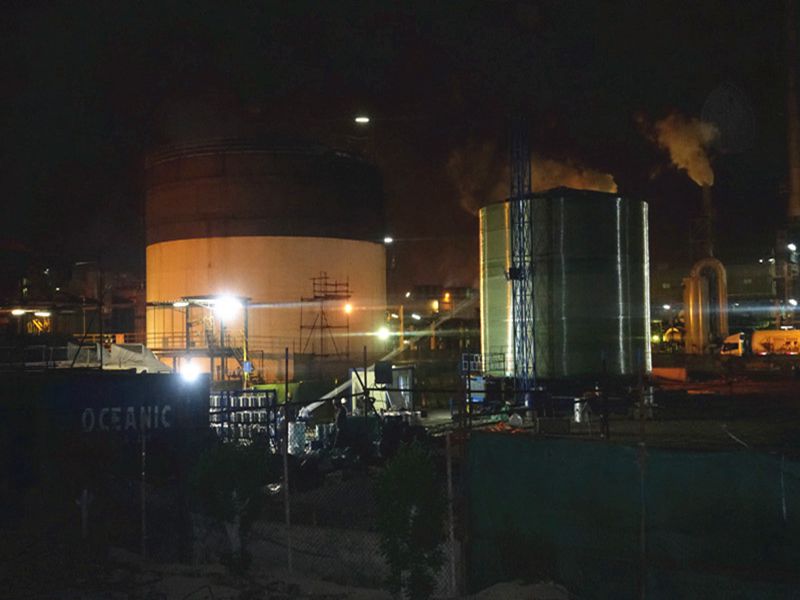
-
 Afrikaans
Afrikaans -
 Albanian
Albanian -
 Amharic
Amharic -
 Arabic
Arabic -
 Armenian
Armenian -
 Azerbaijani
Azerbaijani -
 Basque
Basque -
 Belarusian
Belarusian -
 Bengali
Bengali -
 Bosnian
Bosnian -
 Bulgarian
Bulgarian -
 Catalan
Catalan -
 Cebuano
Cebuano -
 China
China -
 China (Taiwan)
China (Taiwan) -
 Corsican
Corsican -
 Croatian
Croatian -
 Czech
Czech -
 Danish
Danish -
 Dutch
Dutch -
 English
English -
 Esperanto
Esperanto -
 Estonian
Estonian -
 Finnish
Finnish -
 French
French -
 Frisian
Frisian -
 Galician
Galician -
 Georgian
Georgian -
 German
German -
 Greek
Greek -
 Gujarati
Gujarati -
 Haitian Creole
Haitian Creole -
 hausa
hausa -
 hawaiian
hawaiian -
 Hebrew
Hebrew -
 Hindi
Hindi -
 Miao
Miao -
 Hungarian
Hungarian -
 Icelandic
Icelandic -
 igbo
igbo -
 Indonesian
Indonesian -
 irish
irish -
 Italian
Italian -
 Japanese
Japanese -
 Javanese
Javanese -
 Kannada
Kannada -
 kazakh
kazakh -
 Khmer
Khmer -
 Rwandese
Rwandese -
 Korean
Korean -
 Kurdish
Kurdish -
 Kyrgyz
Kyrgyz -
 Lao
Lao -
 Latin
Latin -
 Latvian
Latvian -
 Lithuanian
Lithuanian -
 Luxembourgish
Luxembourgish -
 Macedonian
Macedonian -
 Malgashi
Malgashi -
 Malay
Malay -
 Malayalam
Malayalam -
 Maltese
Maltese -
 Maori
Maori -
 Marathi
Marathi -
 Mongolian
Mongolian -
 Myanmar
Myanmar -
 Nepali
Nepali -
 Norwegian
Norwegian -
 Norwegian
Norwegian -
 Occitan
Occitan -
 Pashto
Pashto -
 Persian
Persian -
 Polish
Polish -
 Portuguese
Portuguese -
 Punjabi
Punjabi -
 Romanian
Romanian -
 Russian
Russian -
 Samoan
Samoan -
 Scottish Gaelic
Scottish Gaelic -
 Serbian
Serbian -
 Sesotho
Sesotho -
 Shona
Shona -
 Sindhi
Sindhi -
 Sinhala
Sinhala -
 Slovak
Slovak -
 Slovenian
Slovenian -
 Somali
Somali -
 Spanish
Spanish -
 Sundanese
Sundanese -
 Swahili
Swahili -
 Swedish
Swedish -
 Tagalog
Tagalog -
 Tajik
Tajik -
 Tamil
Tamil -
 Tatar
Tatar -
 Telugu
Telugu -
 Thai
Thai -
 Turkish
Turkish -
 Turkmen
Turkmen -
 Ukrainian
Ukrainian -
 Urdu
Urdu -
 Uighur
Uighur -
 Uzbek
Uzbek -
 Vietnamese
Vietnamese -
 Welsh
Welsh -
 Bantu
Bantu -
 Yiddish
Yiddish -
 Yoruba
Yoruba -
 Zulu
Zulu
grp chemical tank
Understanding GRP Chemical Tanks A Comprehensive Overview
Glass Reinforced Plastic (GRP) chemical tanks have emerged as a popular choice for various industrial applications, thanks to their unique properties and advantages. These tanks are primarily used for storing corrosive chemicals, water, and other liquids, making them indispensable in industries like chemical processing, wastewater treatment, and agriculture.
Understanding GRP Chemical Tanks A Comprehensive Overview
Another advantage of GRP chemical tanks is their lightweight nature. Compared to metal tanks, GRP tanks are significantly lighter, which makes them easier to transport and install. This can be particularly beneficial in remote locations or challenging terrains where heavy machinery may not be readily available. Additionally, the lightweight design can lead to reduced foundation and structural requirements, further lowering installation costs.
grp chemical tank

GRP chemical tanks are also highly customizable. They can be manufactured in various shapes, sizes, and capacities to meet specific storage needs. This flexibility allows industries to optimize their storage solutions based on the types and volumes of chemicals they handle. Furthermore, these tanks can be equipped with various fittings and accessories, such as level sensors and mixers, to enhance their functionality.
Safety is a critical concern in the storage and handling of chemicals. GRP tanks are designed with safety features that minimize the risks associated with chemical spills and leaks. The non-permeable nature of the material helps in preventing leakage, while the robustness of the design can withstand impacts and pressure changes.
Moreover, GRP tanks offer excellent thermal insulation. This characteristic is crucial for storing temperature-sensitive chemicals, as it helps maintain stable conditions and prevents thermal degradation of the substances within. The insulation properties can also contribute to energy savings, as temperature control systems may require less energy to maintain desired temperatures.
In conclusion, GRP chemical tanks present a compelling choice for industries that require safe, durable, and efficient storage solutions for various liquids. Their resistance to corrosion, lightweight nature, customization options, and safety features make them a superior alternative to traditional materials. As industries continue to evolve and demand more innovative solutions, the use of GRP chemical tanks is likely to grow, paving the way for enhanced chemical handling and storage practices.
Latest news
-
Exploring the Benefits of Top Hammer Drifter Rods for Enhanced Drilling PerformanceNewsJun.10,2025
-
High-Precision Fiberglass Winding Machine for GRP/FRP Pipe Production – Reliable & Efficient SolutionsNewsJun.10,2025
-
FRP Pipes & Fittings for Shipbuilding - Corrosion-Resistant & LightweightNewsJun.09,2025
-
Premium FRP Flooring Solutions Durable & Slip-ResistantNewsJun.09,2025
-
Premium Fiberglass Rectangular Tanks Durable & Lightweight SolutionNewsJun.09,2025
-
Tapered Drill String Design Guide Durable Performance & UsesNewsJun.09,2025









